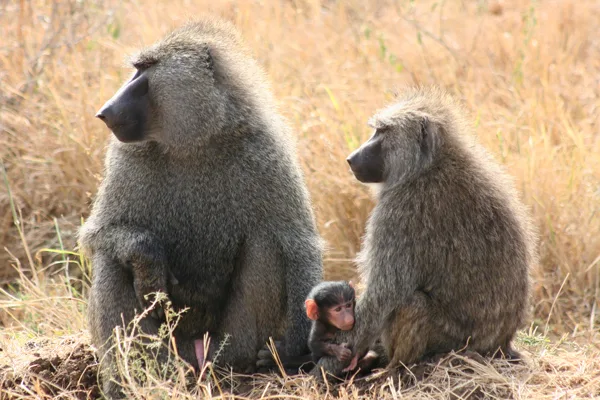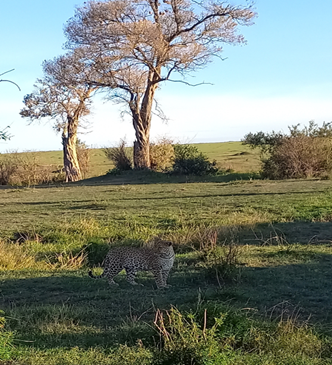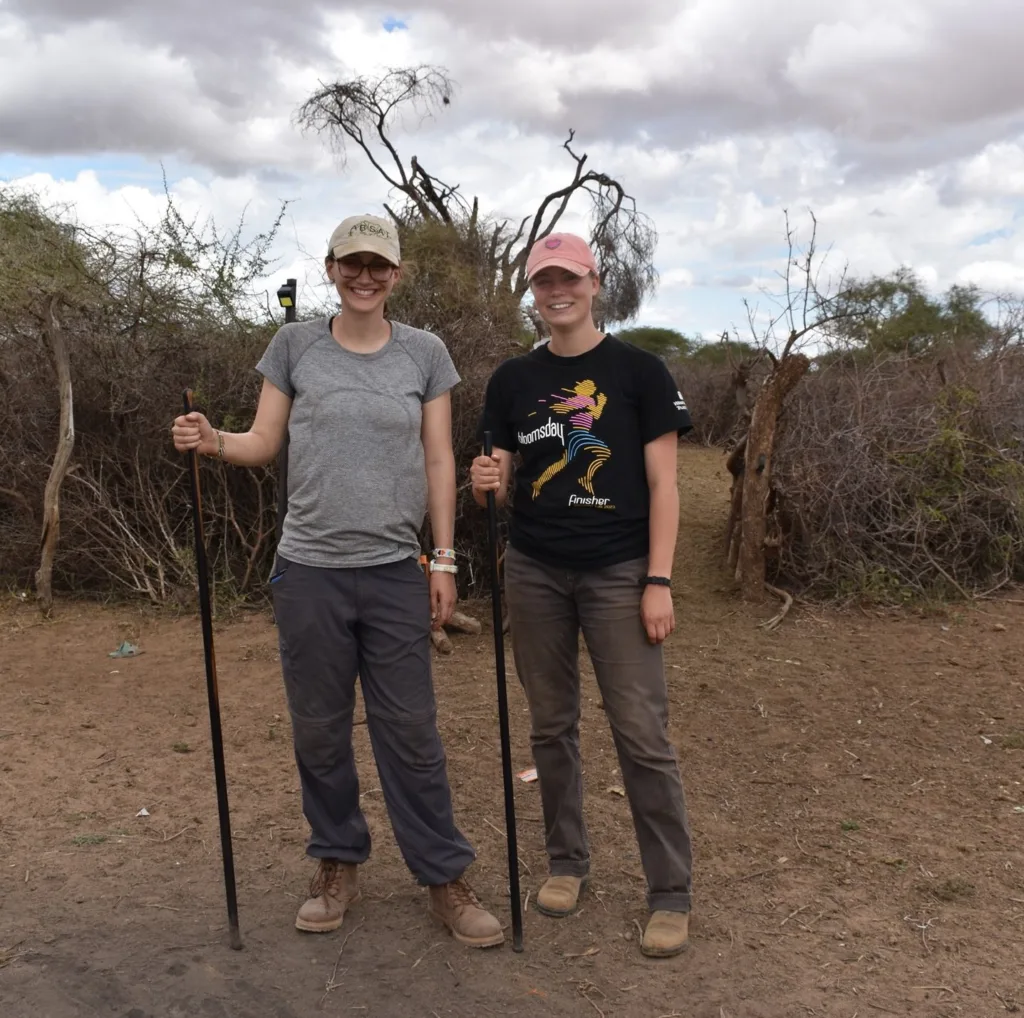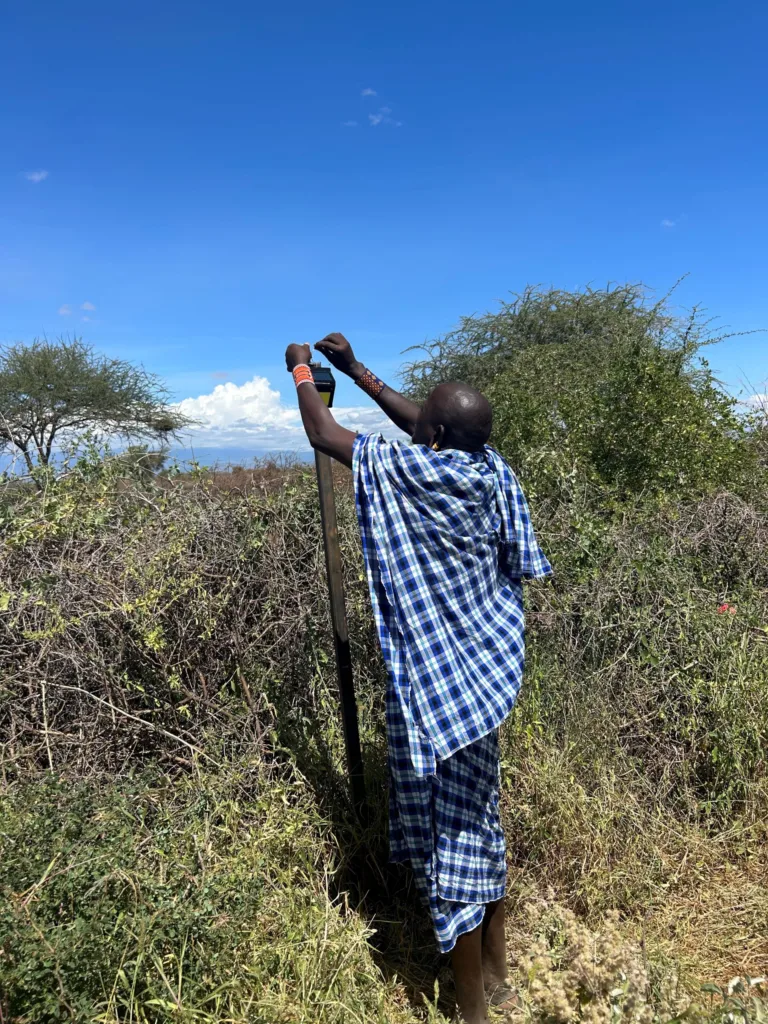Just Like Humans
Today we spent the day studying baboons in Lake Manyara National Park. The lake, dubbed by Ernest Hemingway as the “loveliest lake in Africa,” straddles much of the east end of the park. To the western end of the park is the Eastern Great Rift Valley escarpment. The park has the highest density of olive baboons; thus it offers an ideal site for studying primate behavior. Baboons are very much like humans, with intricate social behaviors similar to us. The males leave the natal herd at 4 years and loosely associate with other males. The females establish matriarchal-based linear kinship bonds that are everlasting.

(Photo Credit: Alexa Diaz, Tanzania Summer 2013)
For four hours we followed troops of baboons to observe their social interactions and time budgets. At times, the presence of elephants in the midst of our study troops were a sweet surprise. Upon waking up in their secret roosts, baboons sought open areas for basking in the sun and grooming each other so as to instill friendships. The rest of day seemed “fun” for the baboons, with feeding forays disrupted by episodes of play and random mating. Among the males, life seemed more chaotic; with much of their time spent sorting out who the boss was.
Today’s experience marks the beginning of field adventures here at The School for Field Studies in Tanzania. These moments really bring classroom learning to life.
Related Posts


Alumni Reflections: Stories of the Return to Kenya
